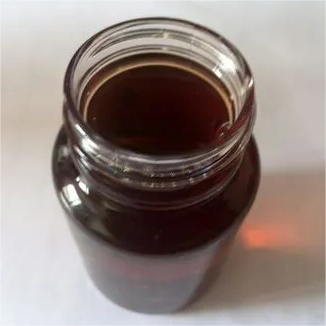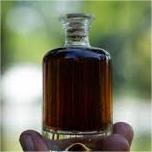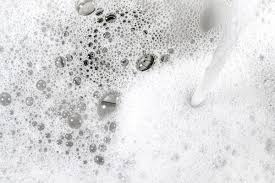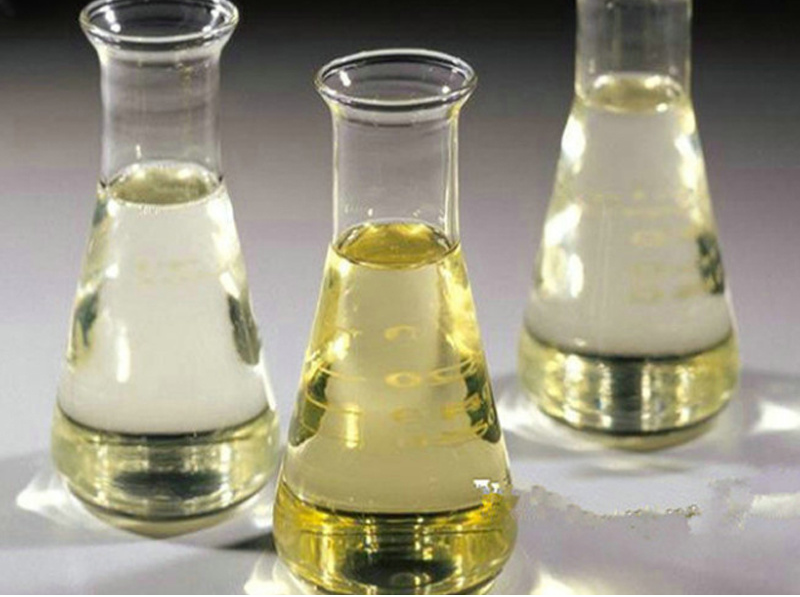**Title: The Secret Life of Suds: Is Your Dish Soap Hiding a Science Superpower?**
(Can You Use Diswashing Liquid As A Surfactant)
**Main Product Keywords:** Dishwashing Liquid, Surfactant
**1. What Exactly is a Surfactant (And Why Dish Soap Fits the Bill)**
Surfactant. Sounds technical. It stands for SURFace ACTive AgeNT. That’s the key. These molecules have a split personality. One end loves water. The other end hates water and loves grease and oil. This dual nature lets them break surface tension. Water alone beads up. Surfactants make water spread out and wet surfaces better. They also form bubbles and traps. They surround dirt and oil, lifting them away so they can be rinsed off. Dishwashing liquid is packed with surfactants. Its whole job is cutting through greasy food messes on plates. So yes, dish soap contains powerful surfactants. It’s designed to tackle oil and grime head-on using these special molecules. It’s surfactant action in your kitchen sink.
**2. Why Dishwashing Liquid Works as a Surfactant (The Simple Chemistry)**
The reason dish soap works is basic chemistry. Remember those two-faced surfactant molecules? When you squirt dish soap into water, those molecules get busy. The water-hating ends latch onto grease, oil, or dirt. The water-loving ends face outwards, towards the water. This creates little packages called micelles. The grease is trapped inside, surrounded by water-lovers. Now, the whole package can mix with water. Instead of repelling each other, grease and water play nice. This lets the water rinse the trapped grease away. Dish soap is formulated to do this exceptionally well against food fats. It’s a potent degreaser. This exact mechanism is what defines a surfactant. Dish soap achieves this perfectly for its intended use. Its effectiveness proves its surfactant power.
**3. How to Use Dish Soap as a Surfactant (Mixing it Right)**
Using dish soap as a surfactant is simple. The key is dilution. Pure dish soap is too strong for most other jobs. It can damage plants or leave sticky residues. You need to mix it with water. A common starting point is a small amount per gallon. Think 1 to 2 tablespoons of dish soap per gallon of water. Less is often better. Add the soap to the water. Stir gently. Avoid creating too many suds. Heavy suds aren’t necessary for surfactant action. They might even reduce effectiveness. Test your mix. Spray a little on a hidden spot. Check for damage or residue later. Adjust the amount of soap if needed. For weed killers or pesticides, follow the product label instructions. They often specify adding a surfactant. Use your dish soap mix then. Remember, gentle mixing prevents excessive foam.
**4. Practical Applications: Where Dish Soap Surfactant Shines (And Where It Doesn’t)**
Dish soap surfactant has many handy uses. Gardeners often use it. Add a dash to homemade weed killers. Vinegar or salt solutions work better when they stick to leaves. The soap helps the mixture spread and penetrate. Mix a little into insecticidal soap sprays. It helps control soft-bodied pests like aphids. It boosts homemade all-purpose cleaners. A drop in a bucket of water improves cleaning power on floors or countertops. It helps remove stubborn sticky residues. Use a weak solution to clean paint brushes. It cuts the oil in paint. But know the limits. Dish soap isn’t for everything. Never use it in car wash soap. It can strip wax. Avoid it on delicate fabrics. It might stain. Don’t use it near fish ponds. It harms aquatic life. Skip it for personal care. It’s too harsh for skin or hair. Use it for household and garden jobs where mildness isn’t critical.
**5. FAQs: Your Dish Soap Surfactant Questions Answered**
* **Is any dish soap okay?** Mostly yes. Plain, blue, or green varieties are best. Avoid ultra-concentrated, antibacterial, or those with heavy lotions or bleach. Simpler is safer.
* **Will it harm my plants?** It can. That’s why dilution is vital. Test on a few leaves first. Wait a day or two. Look for burning or wilting. Dawn is popular, but any brand might cause issues. Spot test always.
* **Does it kill bugs?** Weak solutions might suffocate soft insects like aphids or mites. It’s not a reliable insecticide alone. It mainly helps other sprays work better.
* **Can I use it in my pool or hot tub?** Absolutely not. It creates massive foam. It disrupts water chemistry. It’s bad for filters. Use proper pool chemicals.
* **Is it safe for septic systems?** In small, occasional amounts, probably fine. Large, constant amounts might upset the bacterial balance. Moderation is key.
(Can You Use Diswashing Liquid As A Surfactant)
* **Why not just buy real surfactant?** You can. Commercial surfactants exist. They are often more precise and less likely to cause issues. But dish soap is cheap. It’s readily available. For quick, simple tasks, it works well enough.
Inquiry us
if you want to want to know more, please feel free to contact us. (nanotrun@yahoo.com)




